Yesterday, I wrote June 9, 1964.
It’s a column about a twi-night doubleheader between the Phillies and the Pirates on June 9, 1964. In case you’re not familiar with the significance of the 1964 baseball season, that’s the year the Phillies blew the pennant.
And then I shared the article on Facebook.
One of my real-life buddies, Dean Volikas, saw the post and liked it. Dean’s a big sports fan – not to mention an active musician. We exchanged comments that stoked the idea for this piece.
There were at least three vanishing breeds discussed in the original article. Let’s take a look . . .
On June 9, the largest crowd of the season – 32,155 – showed up for the twi-night doubleheader at Connie Mack Stadium. If you’re not familiar with the concept of a twi-nighter, you paid one admission and got to see two games. If memory serves, the first game started around 6:30 – or during twilight, hence the “twi” part of twi-night – and the second game started around half an hour after completion of the first game. By then it was nighttime – hence the “night” part of twi-night.
So twi-night is an abbreviation for twilight-night.
In the first game that night, Art Mahaffey was cruising along through six innings with a two-hitter and the Phils were leading 4-0.
In the bottom of the second, Richie Allen tagged after the catch and scored on Gus Triandos fly ball to center – Allen hit a two-run homer in the fourth – and Johnny Callison doubled Tony Taylor home in the fifth.
Mahaffey shut out the Pirates on four hits the first time he faced them – just thirteen days in earlier in Pittsburgh on May 27. So it looked like this game was all over but the shouting.
Manager Gene Mauch thought so. For the top of the seventh, he sent Ruben Amaro in as defensive replacement for Roy Sievers at first – that Ruben Amaro being the father of our “beloved” current GM Ruben Amaro, Jr.
In the top of the seventh, Roberto Clemente drew a leadoff walk.
Willie Stargell followed with a single to right and Clemente took third.
Jerry Lynch was coming to bat – a left-handed hitter. Lynch was a journeyman outfielder with ten years in the league with both the Pirates and the Reds. He had good power and was batting .292 when the game began.
Mauch made the hurry-up call to the bullpen and then walked to the mound.
At that time, Chris Short was the only lefthander on the Phillies staff and he was slated to start the next day. So it was veteran right-hander Ed Roebuck who got up and started throwing. Roebuck started the season with the Washington Senators, but general manager John Quinn purchased his contract in late April.
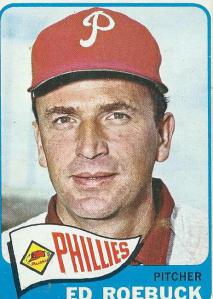 Since being acquired, Roebuck made 17 relief appearances and pitched a total of 20 innings for the Phillies. His ERA was a stingy 1.71 – but this was going to be his fourth outing in the last four games. And he’d picked up losses in the last two games against the Giants to drop his record to 1-2.
Since being acquired, Roebuck made 17 relief appearances and pitched a total of 20 innings for the Phillies. His ERA was a stingy 1.71 – but this was going to be his fourth outing in the last four games. And he’d picked up losses in the last two games against the Giants to drop his record to 1-2.
But Mauch had supreme confidence in Roebuck. If Mahaffey couldn’t pitch his way out of trouble, he was going to bring Roebuck into the game.
Mauch discussed the situation with Mahaffey and catcher Gus Triandos and decided to stick with Mahaffey.
It turned out to be a bad decision.
Jerry Lynch drove Mahaffey’s offering over the wall in right and the Phils lead was suddenly cut to 4-3.
Mauch then replaced Mahaffey with Ed Roebuck. But Mauch didn’t just replace Mahaffey, he made a triple switch.
• Roebuck was replacing Bobby Wine at short and batting eighth.
• Ruben Amaro moved from first to short.
• And John Herrnstein came in to play first and bat ninth.
The Pirates catcher – and former Phillie favorite – Smoky Burgess was stepping to the plate to face Roebuck. Burgess was a dangerous left-handed batter who was hitting .279. There was nobody on base and nobody out.
Burgess greeted Roebuck with a line-drive double off the scoreboard.
Since Burgess was slow afoot, Pirates manager – and Chester’s own – Danny Murtaugh sent Orlando McFarlane in to pinch-run. McFarlane represented the tying run.
Dangerous right-handed batter Gene Freese stepped to the plate. But instead of hitting away, he laid a bunt down between home and third. Roebuck fielded the bunt and had just one play. He threw to first to retire Freese while McFarlane moved the tying run to third with one out.
Mauch moved his infield in for a play at the plate.
Bill Mazeroski stepped up and hit a ground ball to Ruben Amaro at short. Amaro checked McFarlane back to third and threw Mazeroski out at first for the second out.
With reliever Roy Face scheduled to hit next, Murtaugh sent the dangerous lefty Donn Clendenon up to pinch-hit for Face. But Roebuck got out of the inning by getting Clendenon to ground out to Amaro at short.
The inning was over – but Roebuck’s night was far from over.
He pitched the eighth inning as well. After walking Dicky Schofield to start the inning, he got Billy Virdon and Roberto Clemente to hit into consecutive 4-to-6 force outs at second – and then he struck out Willie Stargell.
But Roebuck’s night still wasn’t over.
He pitched the ninth as well.
He got Jerry Lynch and Orlando McFarlane to fly out to center, and he ended the game by getting Gene Freese to ground out to Richie Allen at third.
It was Roebuck’s eighth save since joining the Phillies – and this one was a three inning save – after pitching in fourth consecutive games.
When was the last time you saw a three inning save?
In his time with the Phillies, Charlie Manuel never quite figured out the double-switch, but in this game Gene Mauch made a triple-switch. When was the last time you saw a triple-switch?
And half an hour or so after the game ended, the Phillies and Pirates played the second game. Have you ever attended a twi-night doubleheader?
Those three contemporary oddities all took place in that one game.
Like Dean said, “Those were the good old days.”
Barry Bowe is the author of Born to Be Wild, 1964 – The Year the Phillies Blew the Pennant, and 12 Best Eagles QBs.
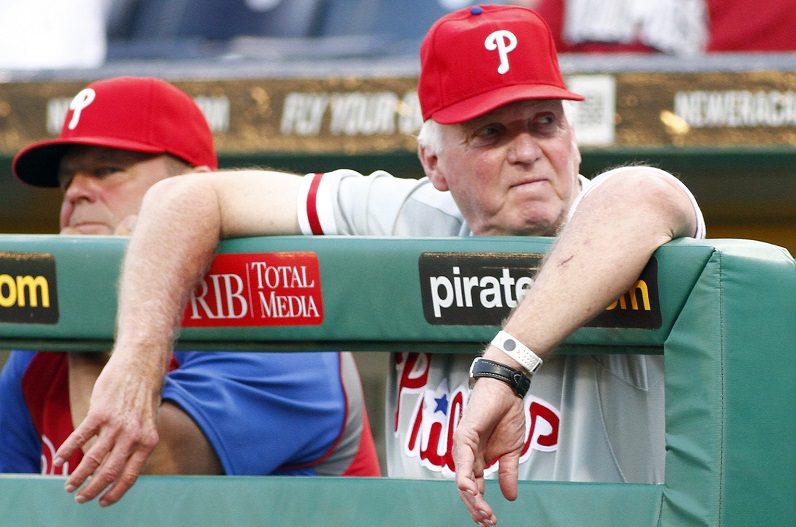



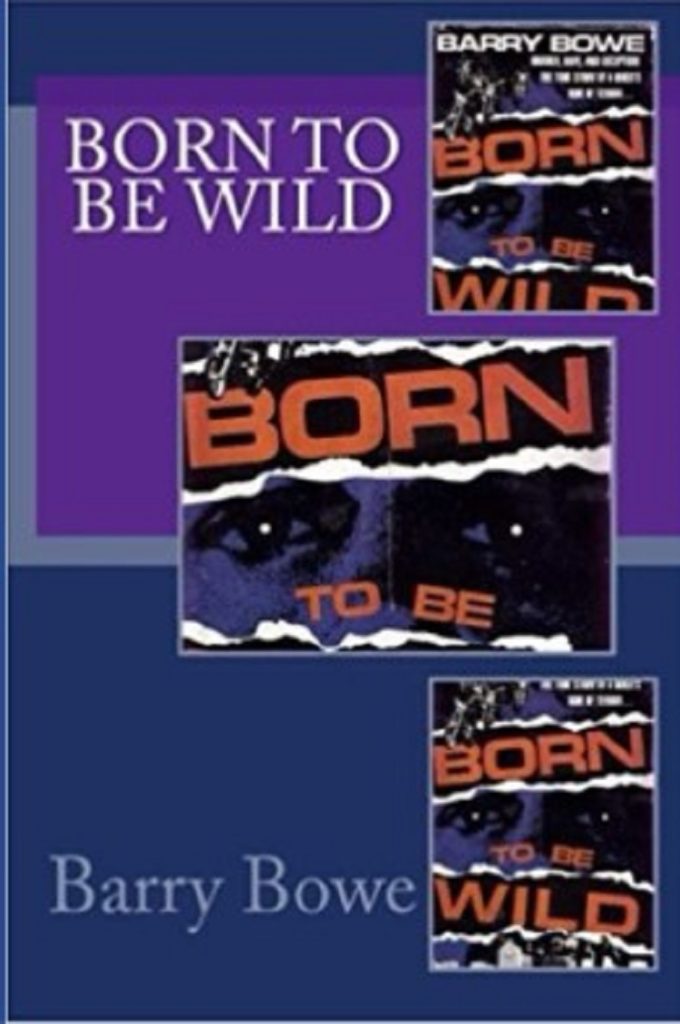

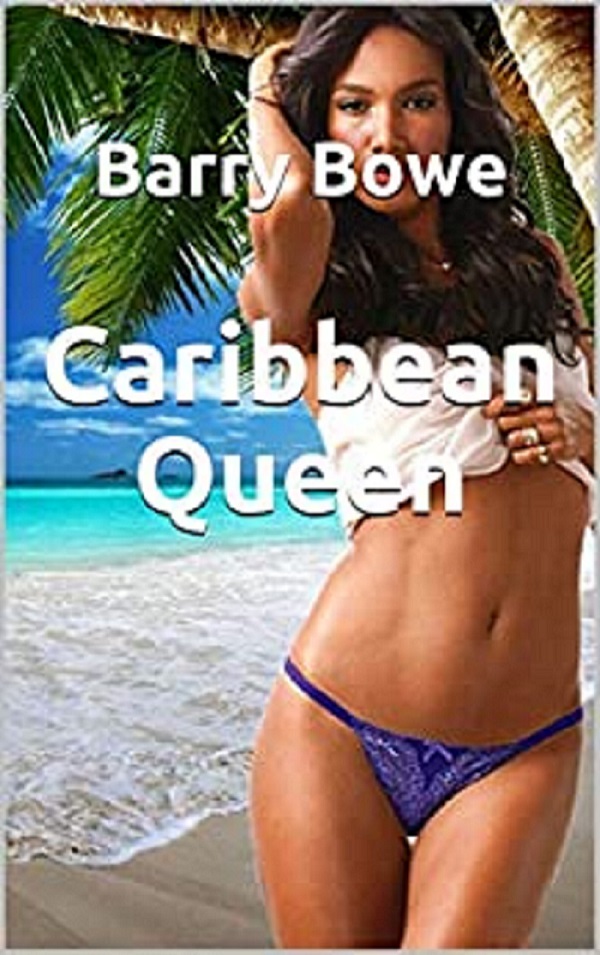
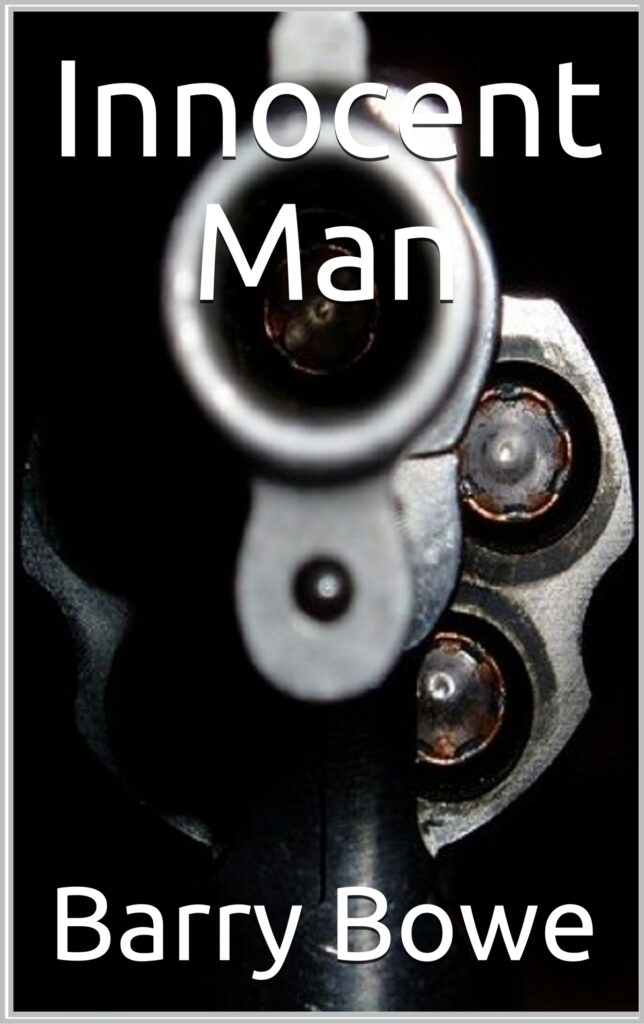
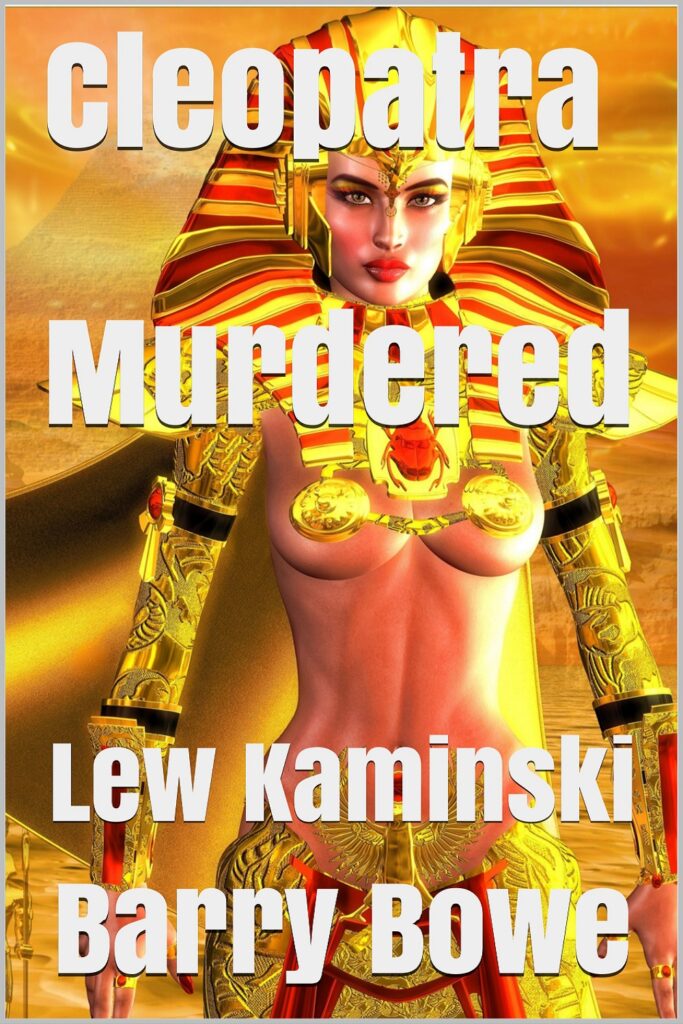
Comments
No Comments